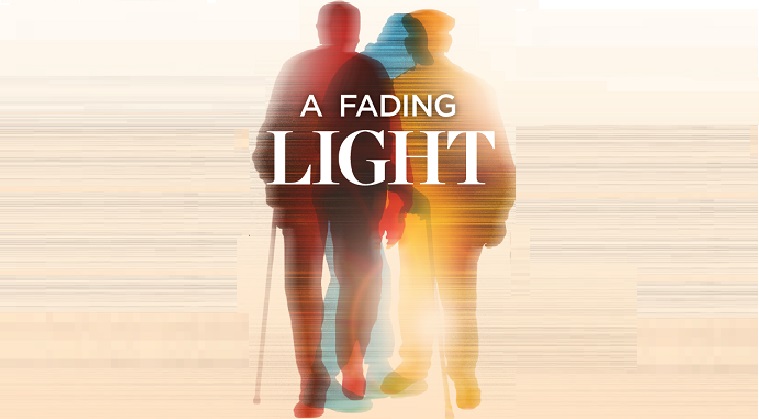A Fading Light: Chapter 2


G
rief is an emotion familiar to most of us, and is generally thought to follow the death of a loved one.
But grief can also be experienced before a death and, in the case of long-term caregivers, can go on for months or even years as we suffer multiple losses — the decline of our loved ones, the loss of our old lives and routines — and cope with the fear of what lies ahead. This has been termed “anticipatory grief,” and involves many of the same feelings as post-death grief: sadness, despair, helplessness, hopelessness, dread, anxiety, and guilt. The guilt component can be very strong, given the fact that one is mourning a loved one who is still living.
Most people will experience anticipatory grief after a loved one receives a devastating diagnosis. In my case, it was different. Because my husband z”l refused to see a doctor for such a long time, I felt anticipatory grief long before a formal diagnosis was made. As much as I wanted him to get medical attention, I dreaded the moment when his illness would finally have a name, and I dreaded everything that would follow.
Anticipatory grief presumably follows a similar trajectory to post-death grief, with the mourner experiencing the stages of denial, bargaining, depression, anger, and acceptance. In my experience, though, the stages didn’t progress in a linear fashion. Over the course of my husband’s long illness, I kept cycling in and out of those stages, depending on how he was doing at any given time.
There were periods when his situation was stable, but they didn’t last long and were inevitably followed by a change. That change was never good. After each of these declines, I had to adjust to a new reality. If life as a caregiver was unpredictable, so was the course of my grief.
Anticipatory grief is often private and experienced alone, in stark contrast to when one loses a family member. Think for a moment about funerals, shivah, Kaddish. All of these rituals involve the community, and this, in and of itself, is healing. Without the support and comfort we expect during bereavement and its aftermath, I found anticipatory grief to be as bad, and in some respects worse, than post-death grief.
What I experienced when my husband had to move into a residence was as real and raw as the pain of widowhood. I felt alone and depressed, and cried myself to sleep every single night. This grief, however, was unacknowledged, or perhaps unrecognized, by so many of those who rallied to my support at his funeral, during shivah, and in the months following his death.
(Excerpted from Family First, Issue 640)
Oops! We could not locate your form.


